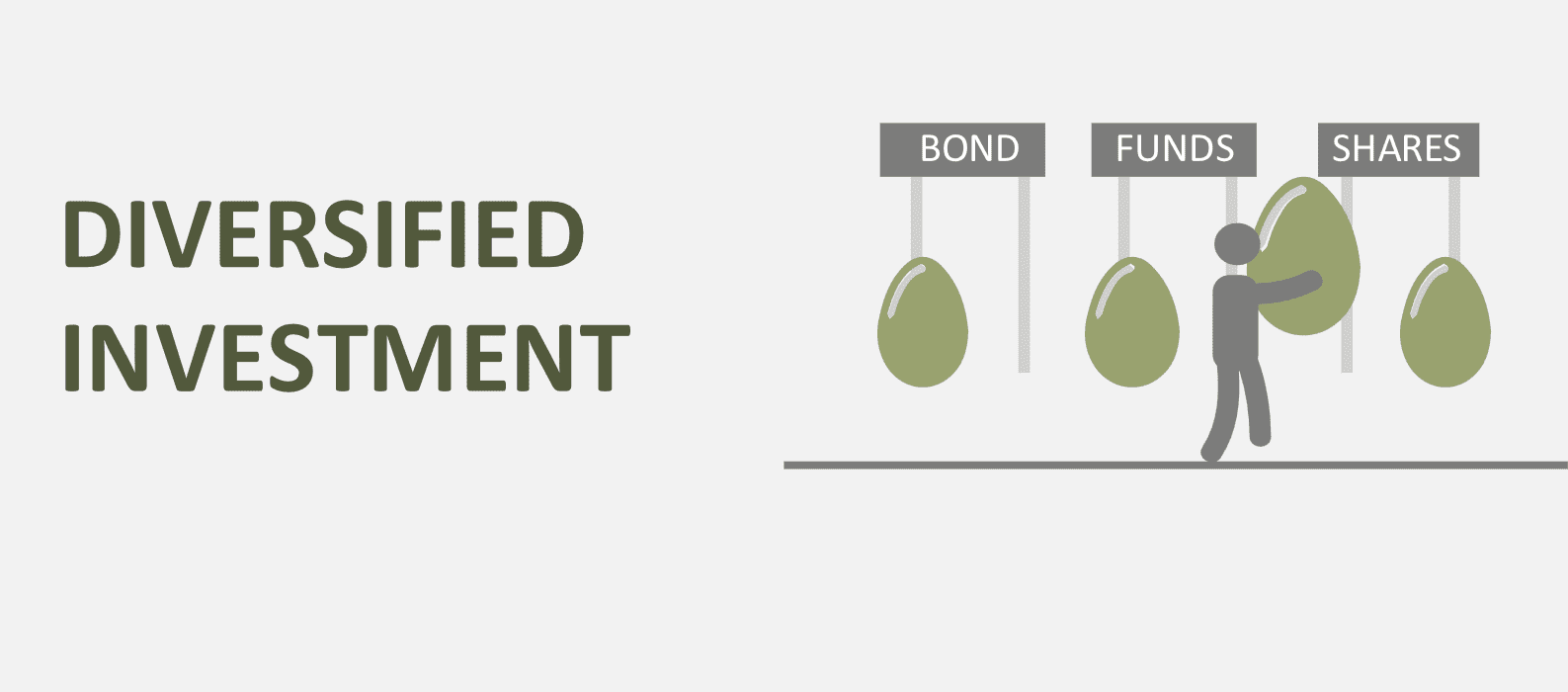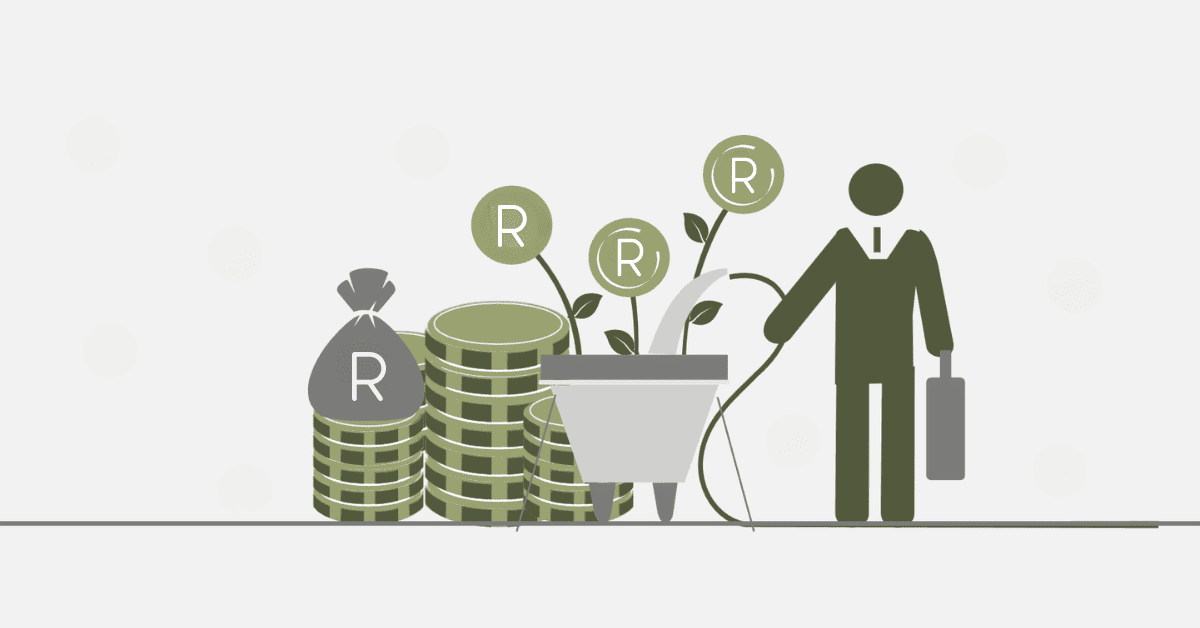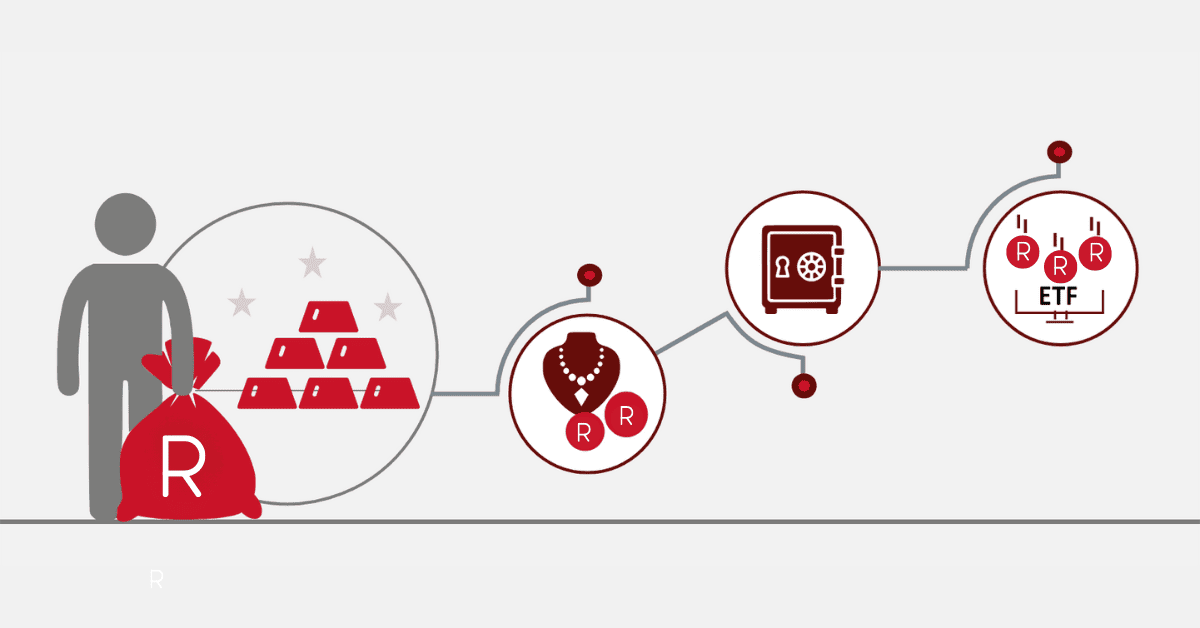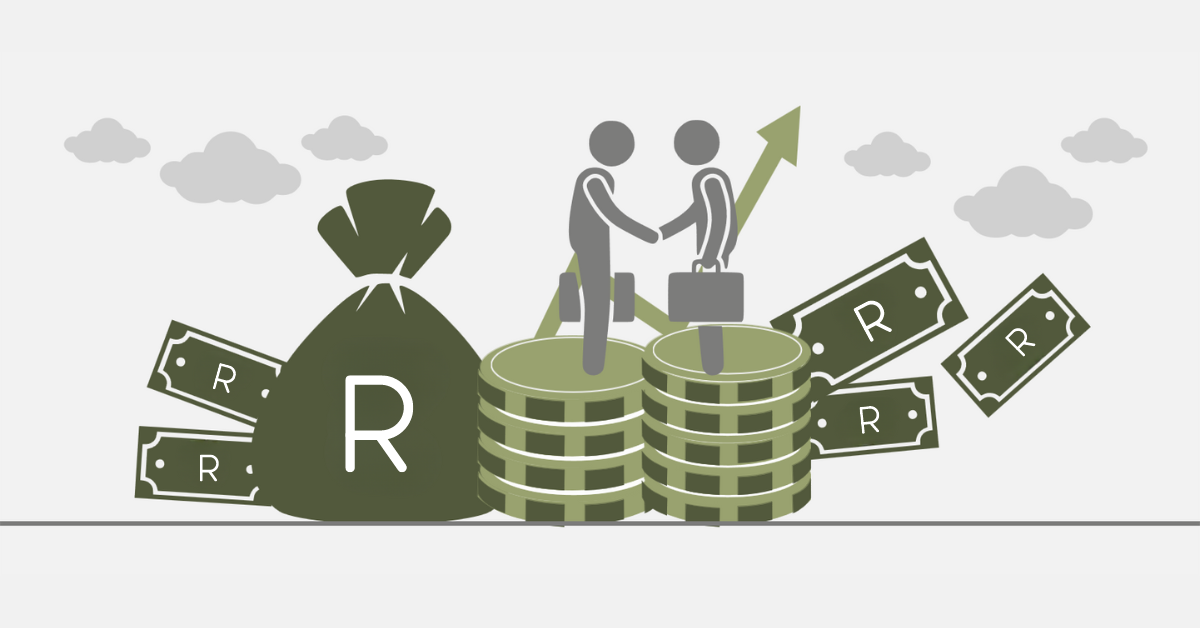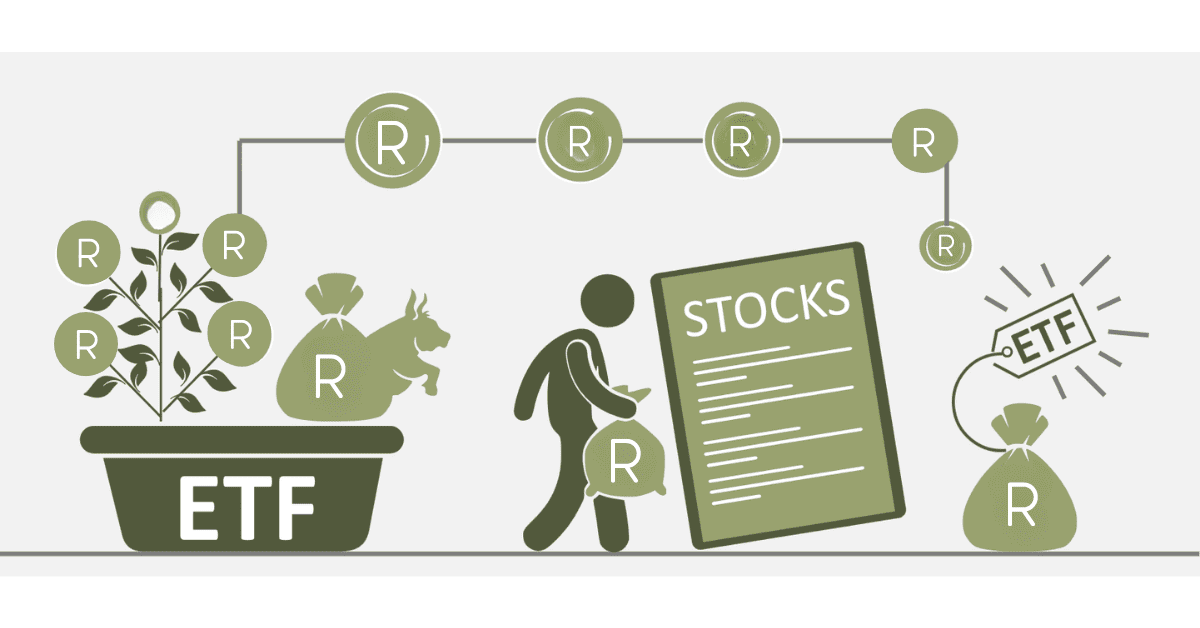The general unemployment levels remain high, and inflation rates for most households keep fluctuating, hence implying that the economic environment is harsh in South Africa. However, effective saving can make a difference in financial stability and attaining long-term financial goals. Proper and disciplined saving can help South Africans sail through economic uncertainty, create a safety net, and work towards long-term financial aspirations. Practical tips implemented with a focused approach to savings will go a long way in improving one’s monetary health and securing a better tomorrow.
Strategies For Boosting Your Savings
- Get on a Budget
Monetary management should be based on the creation and adherence to a budget. List all your sources of income. After that, categorize your expenditures into fixed costs, such as rent and utilities. Also, classify them into variable costs, like the dollars you spend on groceries and entertainment. Utilize the current budgeting tools, which are primarily apps, to make a record of how you are paying the money. You have to ensure that you stick to what is available to spend. A good budget structure shows you exactly where it is possible to cut any costs you have been trying to avoid in favour of saving the most. Especially in the case of South Africa, where economic conditions are volatile, budgeting helps to ease financial stress and prepares you for uncalled-for eventualities.
- Pay More Than the Minimum Payment
More specifically, paying more than the minimum payment on money owed, such as that on a credit card or a loan, can vastly reduce the interest paid over time. By so doing, it helps an individual clear debt much faster and consequently saves more money. For example, one of the best examples can be to take the case in which a debtor has high interest from credit card debts; just paying off the minimum due against the statement invariably will only extend the period of repayment against the said debts and cause a person to pay much more. Paying an extra dollar monthly reduces principal balances faster, hence less total interest. This approach benefits South Africa, where high interest rates can also exacerbate household financial stress.
- Make Some Financial Sacrifices
Make financial sacrifices by cutting down on non-essential expenses to increase the savings. That could mean fewer dinner outings, spending less money on entertainment, or taking a simple staycation instead of some fancy holiday. Take a hard look at your spending norms. Sure, there will be many other places where you can cut back on expenses that won’t drastically affect your quality of life. For instance, simply cooking at home versus eating out, most people have the potential to save hundreds each month. Such small sacrifices, over time, will allow you to shovel more money into your savings account and build a more robust financial cushion.
- Know What You’re Saving For
This brings motivation by providing clear direction on your goal. This is true, be it an emergency fund, a down payment on a house, or a dream vacation. Knowing what the money is for will keep you disciplined. In South Africa, where economic volatility can significantly change the course of finance, saving accordingly makes unique sense. Set goals for yourself in the immediate, medium, and long-term future and design an action plan to achieve those goals. This process, through target setting, makes the process more manageable and rewarding for savings.
- Make Sure Your Saving Goals Are SMART
The development of SMART goals is part and parcel of effective saving. Specific goals are those with clear objectives. For instance, the goal might be saving R50,000 for the first home-buying advance. Measurable goals keep track of progress, such as saving R5,000 a month. Attainable goals are those with results realistically attainable based on income and expenses. Relevant goals are those that are fitting for financial priorities. Time-bound goals have a specific target date set for them. For example, “Save R30,000 for an emergency fund within 12 months.” The SMART framework empowers South Africans to save by giving them a structured and clear plan on how to go about it.
- Invest in Yourself First
Consider investing in yourself by prioritizing financial security through saving the most before doing other, less important things. That can be done immediately after you get paid by a direct transfer to your savings account. This approach – the rule of “paying yourself first – guarantees the act of saving cannot be negotiated with your budget. In South Africa, where financial challenges are the order of the day, this is the backbone of finances. If you save constantly, you build an unexpected expense buffer and lock in money for future financial goals, therefore guaranteeing long-term fiscal stability.
Final Thoughts
Gaining more savings results from discipline, strategic planning, and commitment to achieving your set financial goals. You can dramatically improve your financial stability if you can get on a budget, pay more than the minimum payment on a debt, make financial sacrifices if needed, know what you’re saving for, set SMART goals, and invest in yourself first. All these actions are critical to take within South Africa’s economic challenges prevailing in most households. Following these tips will keep you safe from financial crises and build a secure and wealthy future.


